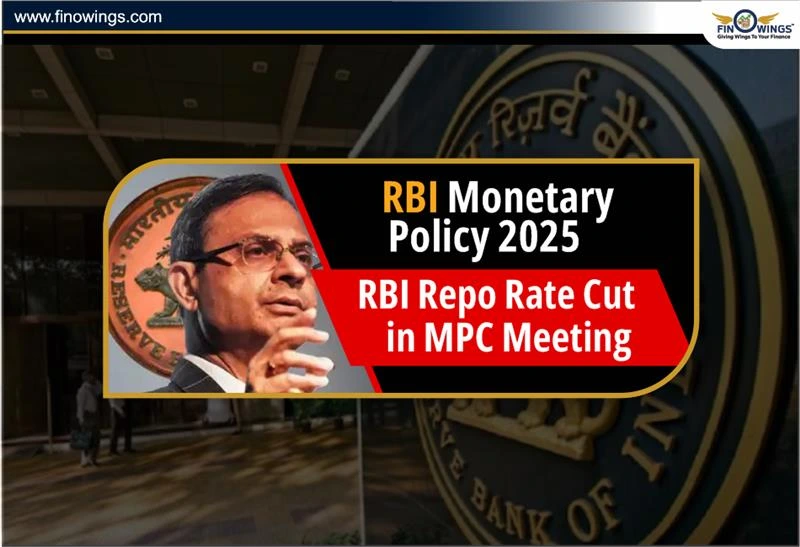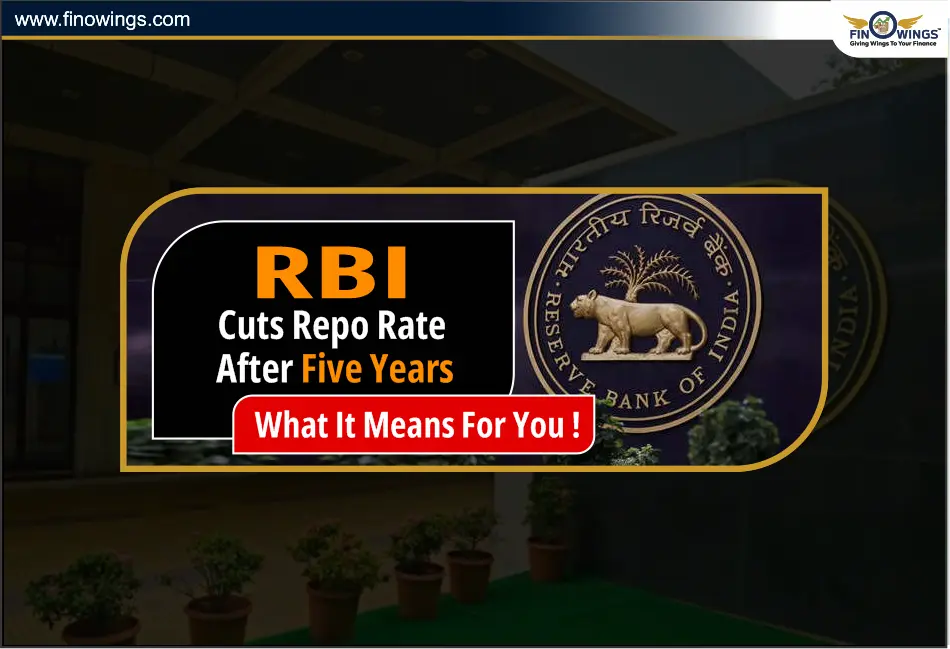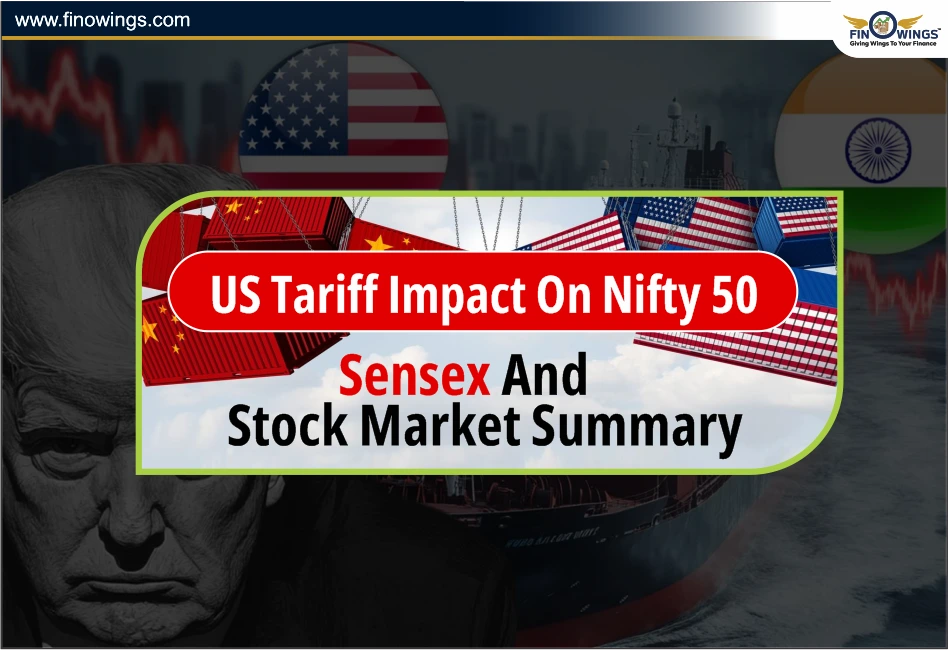Home >> Blog >> Why is the Share Market Down Today? Stock Market Crash
Why is the Share Market Down Today? Stock Market Crash

Table of Contents
Stock market crash: Nifty 50 down over 2% amid Iran-Israel Conflict
Thursday, 03 October 2024 saw the Dalal Market blood bath when the stock market crashed, NSE Nifty 50 was down over 2%, and over 10 lac crores were wiped out. The NSE Nifty50 was down 297.50 points at 11:02 am, while the Sensex was down 958.55 points. The majority of the other market indices were also negative.
Reasons for market fall today.
1) Iran-Israel Conflict
After Iran launched a bombardment of almost 200 missiles toward Israel on October 1 in revenge for the assassination of Hezbollah's Hassan Nasrallah, tensions in the Middle East escalated. With the escalation of the Crisis in the Middle East, the Iranian Government cautioned that it would not hesitate to retaliate more strongly if attacked, while Israel was adamant that it would respond to Iran for attacking it. Besides, Israel also stated that it has begun limited ground operations in Lebanon to engage the Hezbollah militant group that is supported by Tehran.
2) SEBI F&O Rules
Marketers suggest it might cause a 20-30% dent in derivatives volumes. The three that could have the most effects on volumes out of the six are the elimination of the calendar spread benefit on expiry day, the rise in lot size to Rs.15-20 lac from Rs.5-10 lac, and the reduction of weekly expiries per exchange from five to just one. Following a circular released by the Securities and Exchange Board of India (SEBI), the first two will go into effect on November 20, and the third on February 1, 2025.
According to a SEBI report published on September 23, during the three years leading up to FY24, 93% of the more than 10 million individual F&O traders lost on average Rs.2 lac each (Rs.1.8 trillion total), including transaction costs. In FY24, more than 75% of these traders reported making less than Rs.5 lac annually. Over 75% of those who experienced losses kept trading F&O.
How does it affect retail investors?
For retail investors, these developments are very important. These new measures will affect them in the following ways:
Reducing speculation: It is anticipated that the bigger contract sizes will discourage speculative trading, particularly from smaller retail players who do not have the resources to bear greater losses.
Decreased involvement in options trading: The elimination of calendar spread benefits and the reduction in weekly expiries are probably going to cause a decline in retail options trading. According to analysts, lowering high-frequency trading and speculative activity could aid in stabilizing the market.
3) Spike in prices of Crude Oil
Crude oil prices increased as concerns about a potential escalation in the Middle East grew, feeding fears that the world's leading oil-producing region's supply might be jeopardized if hostilities worsen. An increase in the price of oil is detrimental to countries that import the commodity, such as India, since crude accounts for a large portion of the import cost.
US West Texas Intermediate crude futures increased 1.37% to $71.06 a barrel, while Brent crude futures increased 1.24% to $74.82 a barrel.
4) FII Selling and Chinese Market Rally
Foreign institutional investors (FIIs) withdrew Rs.5,579 crore from Indian stocks on Tuesday, indicating that they were also net sellers. The recovery in Chinese markets after the Chinese Government announced stimulus measures is largely responsible for this exodus. The SSE Composite Index increased over 8% on Tuesday, bringing its weekly rise to above 15%.
Geojit Financial Services' Chief Investment Strategist, V K Vijayakumar, believes that FIIs may keep selling because Chinese equities have turned positive and a lot of money is flowing into the Hong Kong market, which is still cheap compared to India's high valuations.
For FY24 (till 15th July 2024), FII investment reached Rs.17.27 lac crore (US$ 206.7 billion) out of which more than 90% was from domestic investors (DII, HNI, and Retail investors).
Indian Market has the lowest FII percentage in the last 11 years.
What does data say?
What if Iran-Israel tensions escalated further and crude oil prices get hiked? India imports from Iran were US$1.02 Billion during 2023. India’s maximum import of crude oil is from Russia and 3 Middle Eastern countries.
|
Country |
Import (Bn $) |
|
Russia |
45.4 |
|
Iraq |
28.5 |
|
Saudi Arabia |
23.5 |
|
United Arab Emirates |
8.6 |
Earlier during the Russia-Ukraine war Indian stock market crashed by 4000 points in the first 20 days of the war but the Indian stock market recovered in just 10 days.
Indian stock market had no significant effect from Hamas Israel war. Middle East conflict could have only short-term effects on the Indian Stock Market.
Over the previous five years, India has reduced its oil import from Iran, and the sanctions have severely damaged trade between the two nations:
Exports: Iran's oil exports to India worth $653 million in 2022 which majorly consist of Acyclic alcohols ($153M), petroleum cola ($95.1M), and other nuts ($67.6M). Iran's exports to India over the previous five years fell from $8.11 billion in 2017 to $653 million in 2022.
Trade: Over the previous five years, Iran's exports to India have dropped at an annualized pace of 39.6%.
Conclusion:
Amid the Iran-Isreal conflict crude oil prices might go high which ultimately affects the Stock market. Today Indian Stock market crash is just not merely because of geopolitical tensions in the Iran-Israel clashes. SEBI’s new F&O rules, FII selling, and the Chinese Market Rally also played an equal role in lowering the stock market today. However Indian Stock Market appears to faceless or insignificant impact in the short term due to Middle East conflicts.
Disclaimer: The above content is based on some past events, facts, data, etc. which impacted the Indian Stock Market for some days. However, past speedy recovery in such events doesn’t guarantee recovery in similar events in a shorter time.
The author only presented his views based on data collected from different sources. The author doesn’t encourage anyone to make any decision related to stock market investments or trading. Always discuss this with your financial advisor for such investments
Frequently Asked Questions
By limiting the introduction of weekly contracts and raising contract sizes, the new rules that SEBI plans to implement will have the effect of decreasing the degree of speculation in the domestic derivatives market.
The intermediate fluctuations could be attributed to the instability in the market induced by the ongoing threat of the conflict between Iran and Israel. However, it is anticipated that the influence of this threat on the Indian stock market will be minimal even in the long run. The history of the stock market the present tensions between India and Pakistan, as well, as the United States and North Korea’s conflicts have only had short-lived impacts, and thanks to India’s easy access to other sources of crude oil supply other than Iran makes it less vulnerable to such threats.
















